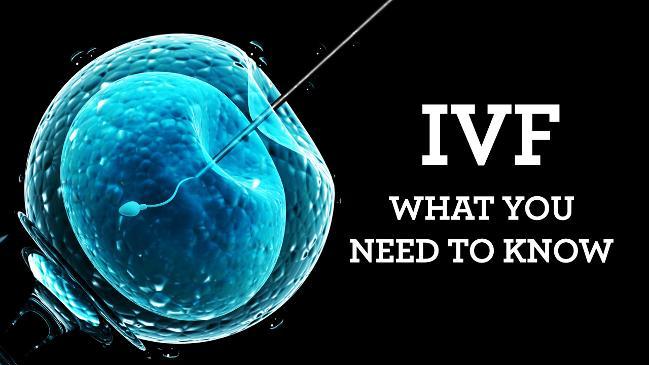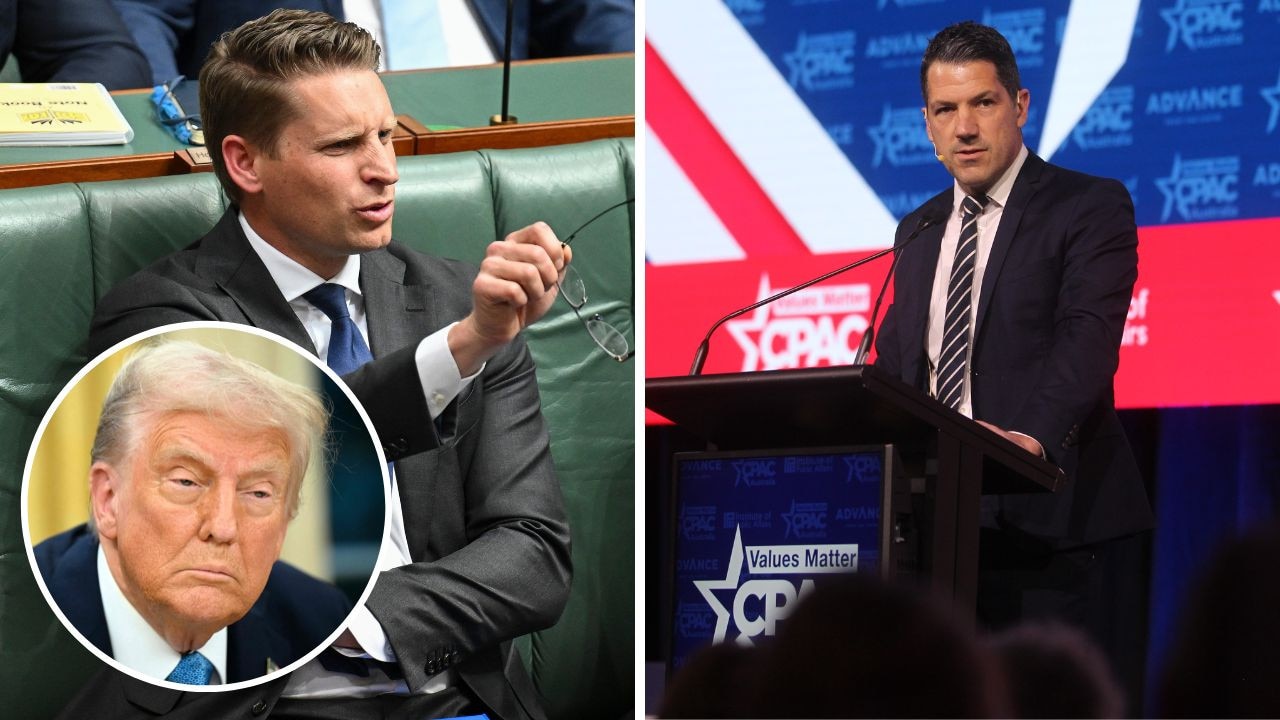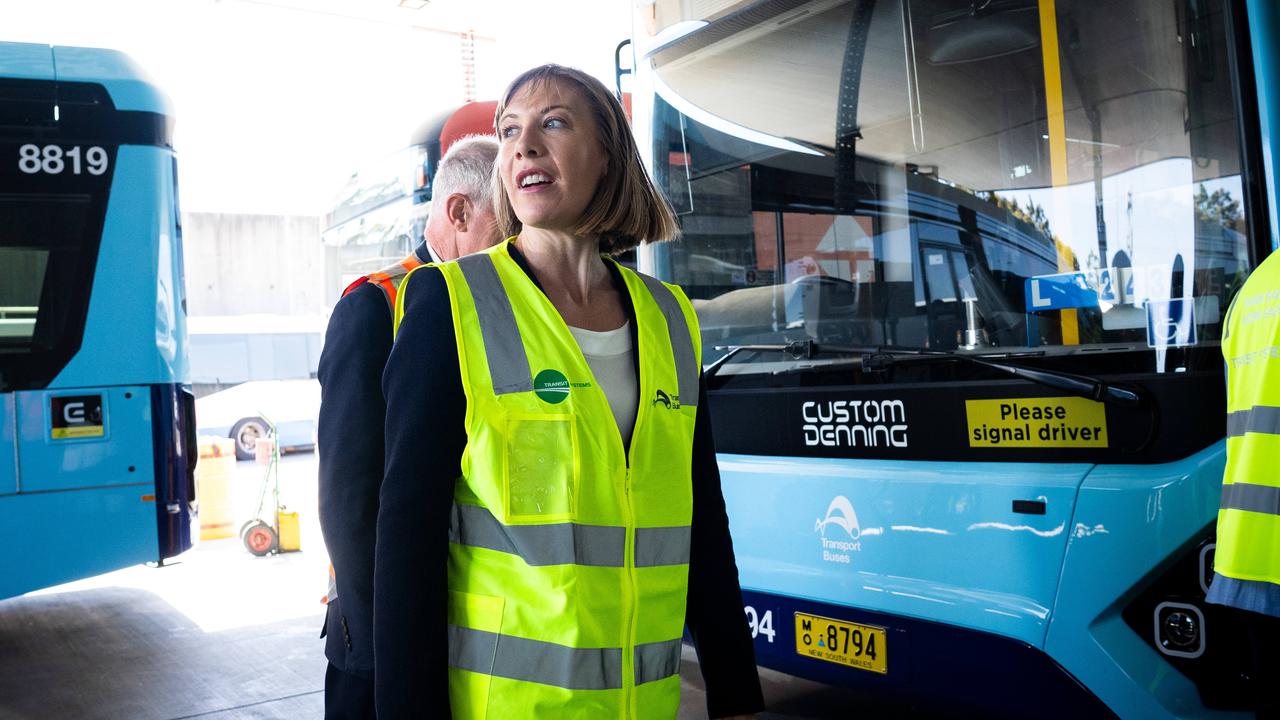Medicare rebate proposal for surrogacy to save thousands
Starting a family by using surrogacy would no longer cost tens of thousands of dollars under a proposed overhaul of the Medicare rebate scheme.

NSW
Don't miss out on the headlines from NSW. Followed categories will be added to My News.
Starting a family by using surrogacy would no longer cost tens of thousands of dollars under a proposed overhaul of the Medicare rebate scheme.
The rebate, recommended by a Medicare Benefits Schedule Taskforce Review, would be restricted to prospective mothers aged up to 45.
Until now, women were paying up to $60,000 to pursue a family via a surrogacy arrangement, including IVF implantation, egg harvesting and fertility drugs. The move follows the legalisation of voluntary surrogacy across Australia.

The review also calls for a reproductive “success calendar” based on results seen by fertility clinics, to help women better understand their chance of falling pregnant.
Health Minister Greg Hunt has refused to accept a controversial recommendation by the Taskforce’s Gynaecology Clinical Committee that women aged 43 or over be restricted from claiming IVF treatment, with others to be limited to six cycles.
MORE FROM LINDA SILMALIS
SICK BABIES PUT IN STOREROOMS AS CRIB SHORTAGE GRIPS HOSPITAL
TEACHER SACKED AFTER STUDENTS FOUND SLEEPING IN CLASS
The final committee report raising concerns about the financial and emotional cost to women in their mid-40s undergoing “cycle after cycle” with no success.
The committee also argued that by continuing to fund IVF for older women the government was sending a message that Assisted Reproductive Technology was a reliable “fallback” irrespective of age.
The report, which follows a review of 21 items relating to infertility, is set to be released tomorrow for public consultation ahead of changes to be adopted by the federal government early next year.

Among those on the committee included Royal Australian and New Zealand College of Obstetricians and Gynaecologists president Professor Stephen Robson, Royal North Shore Hospital consultant obstetrician Dr Vijay Roach, Royal Hospital for Women Professor of Obstetrics and Gynaecology William Ledger and IVF lawyer Julie Hamblin.
The report said women drew upon 282,197 infertility services in one year, accessing around $256 million in benefits.
Medicare paid 60pc of clinical bills, with the Pharmaceutical Benefits Scheme paying for the drugs.
With no public funding available for altruistic surrogacy or donor eggs, prospective parents have paid between $10,000 to $60,000 in out-of-pocket expenses.
IVF Australian medical director Peter Illingworth said adding surrogacy and donor eggs to the benefits scheme was common sense.
“It’s always seemed a bit punitive to not allow women who had to use surrogacy because they were unable to carry a baby due to things like cancer or losing a uterus as a bit punitive,” he said.
Wilberforce mother Monika Caran, 32, welcomed the move after being forced to use surrogacy after serious complications with two pregnancies, including a stillborn daughter, Violet.

Ms Caran, whose best friend carried her third child, said the process cost around $30,000 despite the pregnancy taking with the first embryo in a single IVF cycle.
“It was so daunting and scary because you don’t know whether it will work, and if you will need to have more attempts and how much that will cost,” Ms Caran said.
“Once you start, you can’t stop.”
The report said women wanting children should be encouraged to seek treatment earlier.
Cycles should be restricted to six, with women allowed a further six only if they achieved 20 weeks gestation in the first round.
It said providing unrestricted access to IVF — especially for women aged 45 or over — had led to instances of “low value care” where the chances of a live birth was 1.2 per cent.
“ART is sometimes perceived as a reliable fallback position for women of any age,” it said. “Restricting the age of the patient to that associated with a five per cent live birthrate would encourage prospective patients to seek treatment at earlier ages.”
The report revealed the committee examined Medicare funding restrictions for IVF treatments sought by women who smoked, were overweight, had more than two children or been infertile for more than a year, but ruled them out.
Originally published as Medicare rebate proposal for surrogacy to save thousands


